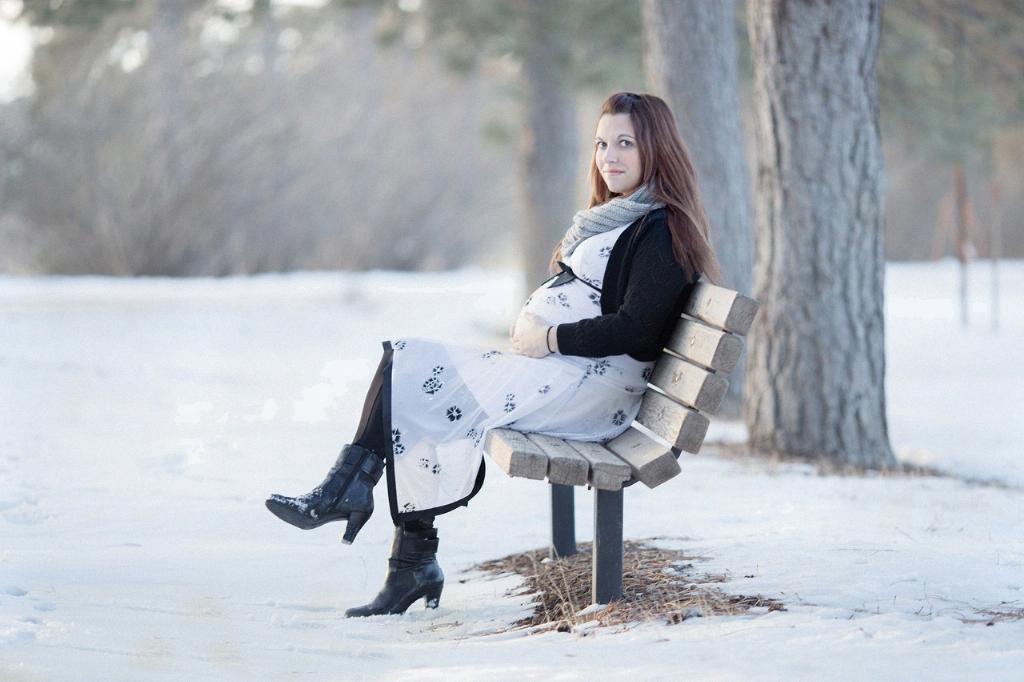When it comes to enjoying a glass of red wine during pregnancy, the topic is often met with mixed opinions and conflicting information. The underlying concern revolves around the potential risks associated with alcohol consumption during pregnancy and its impact on the developing fetus. In light of this, it is crucial to delve deeper into the subject to understand the implications of having barefoot red wine while pregnant.
Understanding Alcohol and Pregnancy
Alcohol, including red wine, contains ethanol, a substance that can easily cross the placenta and reach the fetus. Prenatal exposure to alcohol can result in a range of negative outcomes, collectively known as Fetal Alcohol Spectrum Disorders (FASD). These disorders can lead to physical, behavioral, and cognitive impairments that can have long-lasting effects on the child’s life.
Risks of Drinking Red Wine During Pregnancy
Despite the allure of a glass of red wine for its potential health benefits, the risks associated with consuming alcohol during pregnancy far outweigh any perceived advantages. Even small amounts of alcohol can pose a danger to the developing baby, especially in the early stages when vital organs are forming.
Specific Concerns with Barefoot Red Wine
Barefoot red wine, like any other alcoholic beverage, contains alcohol. The alcohol content in wine can vary, and even a single glass can expose the fetus to harmful levels of ethanol. The additives and sulfites present in wine can also have adverse effects on pregnancy, potentially affecting fetal development and health.
Medical Recommendations
Medical professionals unanimously agree that it is safest for pregnant women to abstain from alcohol entirely during pregnancy. The American College of Obstetricians and Gynecologists (ACOG) states that no amount of alcohol is considered safe during pregnancy, emphasizing the importance of avoiding all alcoholic beverages, including red wine.
Alternatives to Red Wine
For individuals craving the flavors of red wine during pregnancy, there are non-alcoholic alternatives available that mimic the taste profile of wine without the alcohol content. These options provide a safe and enjoyable way to satisfy cravings without putting the baby at risk.
Impact on Fetal Development
Research shows that prenatal exposure to alcohol can interfere with various aspects of fetal development, leading to a range of issues such as low birth weight, learning disabilities, and behavioral problems. Each pregnancy is unique, and the effects of alcohol can vary from one individual to another.
Maternal Health Considerations
Besides the risks to the fetus, alcohol consumption during pregnancy can have implications for maternal health as well. From an increased risk of complications during delivery to potential long-term health effects, the effects of alcohol on pregnant women should not be underestimated.
Support and Resources
For women struggling with alcohol use during pregnancy, seeking support and guidance is crucial. Various organizations and healthcare providers offer resources and assistance to help individuals overcome addiction and make healthier choices for themselves and their babies.
Conclusion
In conclusion, the consensus among medical experts is clear: pregnant women should refrain from consuming red wine or any other alcoholic beverages to protect the health and well-being of their unborn child. Making informed decisions and prioritizing the safety of the baby is paramount, and seeking guidance from healthcare professionals can help expectant mothers navigate this challenging but essential aspect of prenatal care.
Final Thoughts
While the allure of a glass of red wine may be tempting, it is crucial to prioritize the health and safety of the developing fetus during pregnancy. By avoiding alcohol altogether and exploring alternative options, pregnant women can ensure a healthier outcome for both themselves and their babies.

